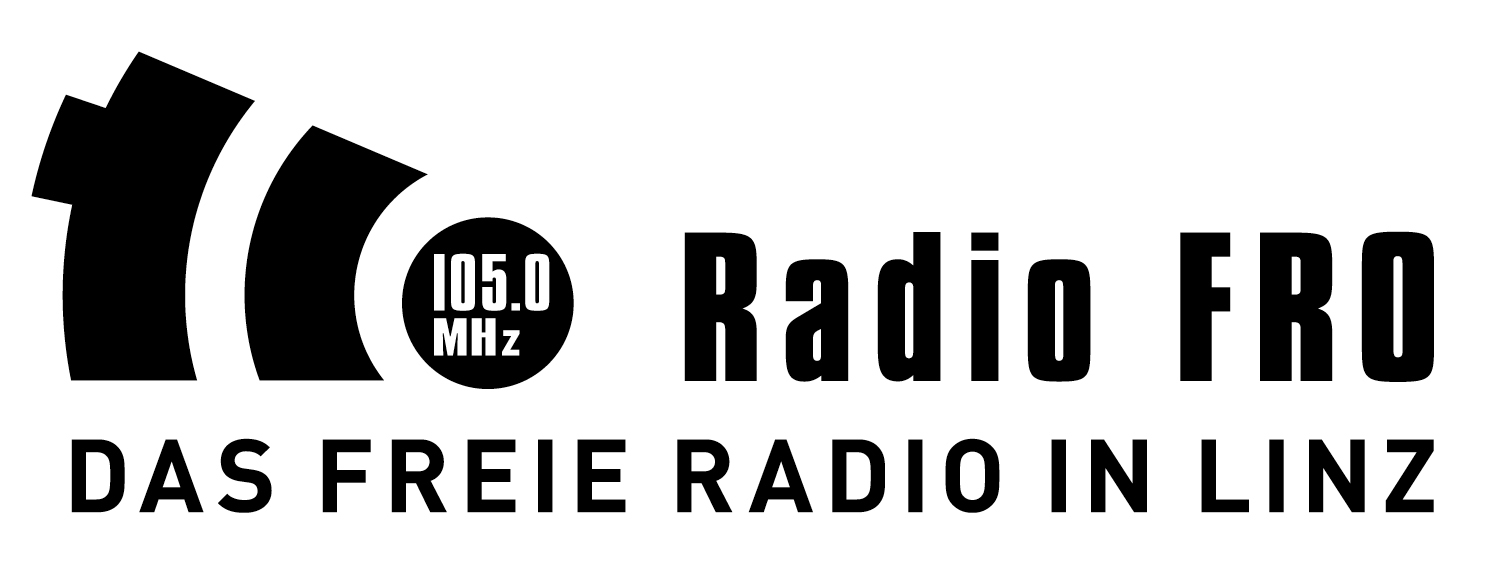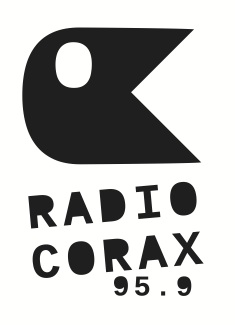| What is CAPTCHA? In November 2013, community radio activists from Austria, Germany and Ireland met with academics from Central European University in Budapest, Hungary, to launch a project about how community media can best use and develop online archives. The necessity of sustainable archiving has been a subject of discussion for the civil media community for a few years now, and the project, called “CAPTCHA – Creative approaches to living cultural archives,” aims to provide new insights on how to securely make community media content accessible online. Its starting point is the creation of access even as participation in open archiving platforms of community media. Community Media-Producers and performers will explore together solutions of creative and easy-accessible collaboration on a European level.The immeasurable content produced day-by-day by thousands of volunteers is not yet brought to a broader public. The project bases on the citizens right on information, the right to have open access to culture and to explore it in creative ways.The project encompasses both research in best practices and the development of a model for archiving. It will be the first step of collaboration concerning exchange and presentation of cultural content between community media all over Europe. Only a few countries have existing exchange-platforms that are not well-structured and pretty much unknown. Reports on cultural events of any kind on a local, national or international level are mostly hidden in thousands of internal archives of the broadcasters without reaching the general public and offering the content for any kind of usage. This project will create a new platform to be used by community media to exchange cultural content of any kind with each other and make it accessible to a world-wide public. For more information visit: http://livingarchives.eu/ https://www.facebook.com/communitymediaarchives Listen to stories about moving to the North Dublin suburbs. |





